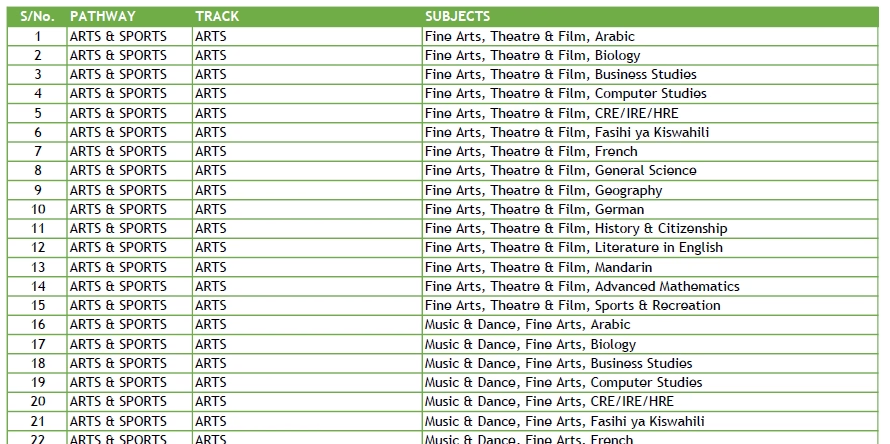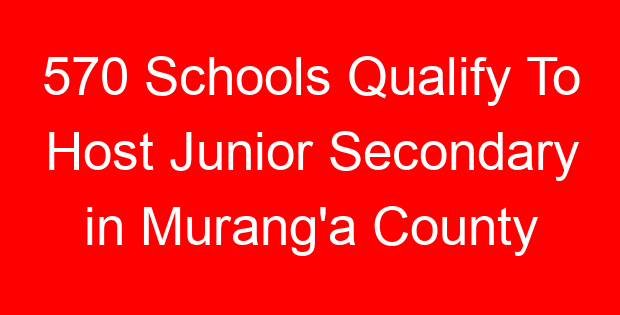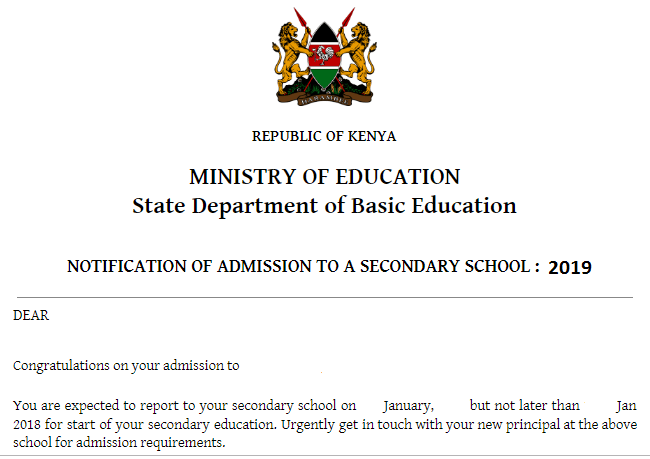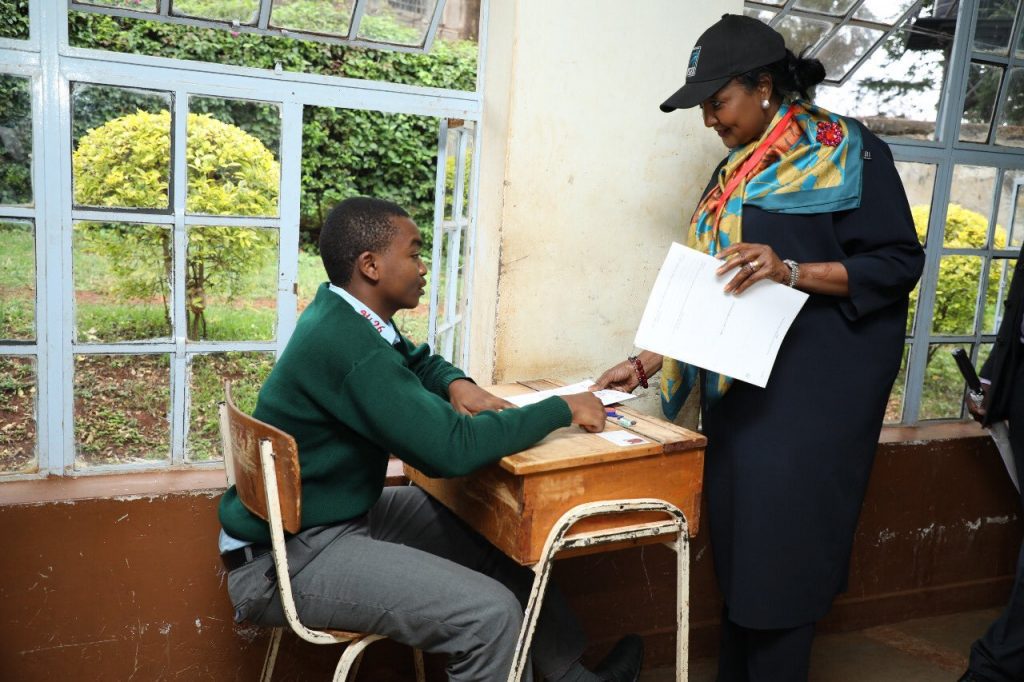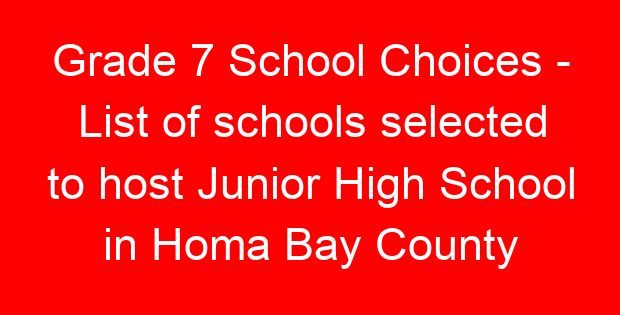The new wave of education reforms currently underway are hinged on the recommendations of the Presidential Working Party on Education Reforms that was formed by His Excellency President William Samoei Ruto.
The foremost offshoot of the first interim report of the Presidential Working Party on Education Reforms was the domiciling of the Junior Secondary School education in existing primary schools as directed by President William Ruto.
Since then, the Ministry has moved to provide interim guidelines on the Junior Secondary School education, including the announcement I made this week that Grade 7 learners will report to their respective schools on January 30th 2023.
Additionally, I also announced that the Government will spend Ksh.9.6 Billion on capitation grants to learners of Junior Secondary School for Term One and Term Two of 2023, with each of them receiving an individual capitation of Ksh.15,000 per year.
In the next financial year, the Government will spend Sh18 Billion for the Junior Secondary School learners’ capitation grants. Further, to this, I now wish to state that of the Ksh.15,000 that will be released for each learner, Ksh.4,000 will be spent on development of infrastructure with the greatest priority being on laboratories.
Guidelines on the Junior Secondary School
Further to the guidelines I announced last week, I wish to announce that the President has this morning accepted the ministry’s interim guidelines, including the following:
The Board of Management (BoM) of a primary school that domiciles the Junior Secondary School will constitute a special Sub-Committee to spearhead the management of education and resources of the school. The Head of the primary school that domiciles the Junior Secondary School will serve as Secretary while the Chairperson will be a member of the Committee.
All private Junior Secondary Schools will establish and operationalise BoMs, Boards of Directors or Boards of Trustees, in accordance with Section 52 (a) of the Basic Education Act (2013).
A public Junior Secondary School will be headed by the head teachers of the public primary school that domiciles it during the interim period of the transition ending December 30, 2023.
The Ministry of Education has re-engineered the National Education Management Information System (NEMIS) in readiness for enhancement management of education Registration of learners in NEMIS will form the basis for disbursement of funds to public Junior Secondary School.
Text books and hard copies of the Grade 7 Curriculum Designs will be made available for all schools.
KNEC will provide guidelines on the conduct of assessments at the Junior Secondary School.
The infrastructure and resources of existing primary schools will be utilised by the respective domiciled Junior Secondary School in the interim one year of transition. This applies to Special Needs Junior Secondary School as well.
The Ministry of Education, through the Kenya Education Management Institute (KEMI), has developed a curriculum and training materials to build the capacity of education managers, (including Junior Secondary School Management Boards and school heads on governance and accountability in the leadership of JSS.
The curriculum will also apply during the induction of the school heads on institutional and instructional leadership.
Comprehensive guidelines will be issued to schools in a circular to be released by the Education Ministry next week.
These guidelines have been validated by stakeholders to spell out the general provisions to be adopted by institutions, organisations and stakeholders, in order to fast track operationalisation of Junior Secondary School across the one- year transitional period.
The guidelines are interim while awaiting the full report of the Presidential Working party, which is expected in March 2023.
